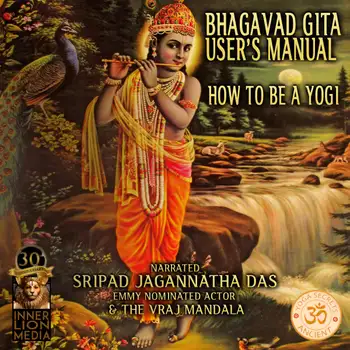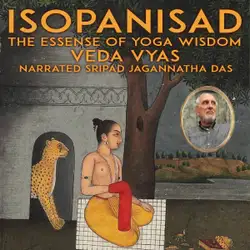The Bhagavad Gita is a profound spiritual scripture, forms a part of the Indian epic Mahabharata. It takes the form of a dialogue between Prince Arjuna and Lord Krishna, who serves as his charioteer and spiritual guide.
In the practice of devotional yoga, or bhakti yoga, the Gita serves as both a guide and inspiration. It teaches that devotion to the divine, expressed through unwavering faith, surrender, and love, is a direct path to liberation. By dedicating all actions, thoughts, and emotions to a higher power, an individual transcends the ego and aligns with the eternal truth. Krishna emphasizes that through devotion, the seeker overcomes the dualities of existence and realizes unity with the divine, achieving a state of blissful harmony and liberation from the cycle of birth and death.
.
For practitioners of devotional yoga, or bhakti yoga, the Gita serves as both a foundational text and an inspiring manual for spiritual growth. Krishna teaches that the ultimate goal of human life is to realize unity with the divine, and devotion is one of the most direct and accessible paths to this union. Devotion in this context is not limited to ritualistic worship but encompasses an all-encompassing surrender to the divine will.
The Gita further explains that devotion purifies the heart and mind, aligning the seeker with higher truths. It emphasizes that anyone, regardless of status, background, or personal circumstances, can achieve spiritual liberation through love and surrender to the divine.

